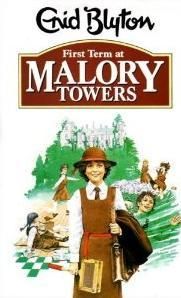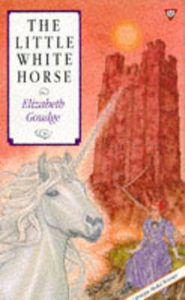 Those Pesky Flies - Distractions
Those Pesky Flies - DistractionsWe all have them, whether they are living, mandatory, optional or fun. How do you work around your distractions? Do you separate time out or do you let the distractions come as they may? Are you one of the lucky ones that can shut it all out and write for as long as you'd like?
I'm quite good at procrastinating, but that's different from genuine distractions. When I'm writing at home the distractions usually come in the form of the postman wanting to deliver a parcel, the cat wanting attention in the form of cuddles, food, or to be let out, or phone calls.
Fortunately, my method of writing can cope quite well with distractions. I tend to write in 20 minute bursts unless I'm really caught up in a story, and so if a distraction comes I just stop where I've got to and start another 20 minute session when the distraction's passed and I've taken the opportunity to refill my mug or pop to the loo. I suppose that means I fall into the category of letting the distractions come what may.
I'm not someone who can shut out all distractions, but even if I could I don't think my writing would be any more productive than my 20-minute-at-a-time method. I know it works (and I managed to write 10k in a day on November 30, 2011 using that method!) and if I try to write for longer I find myself getting distracted by researching things that I really don't need to research, or looking at pictures for inspiration, or playing games.





























